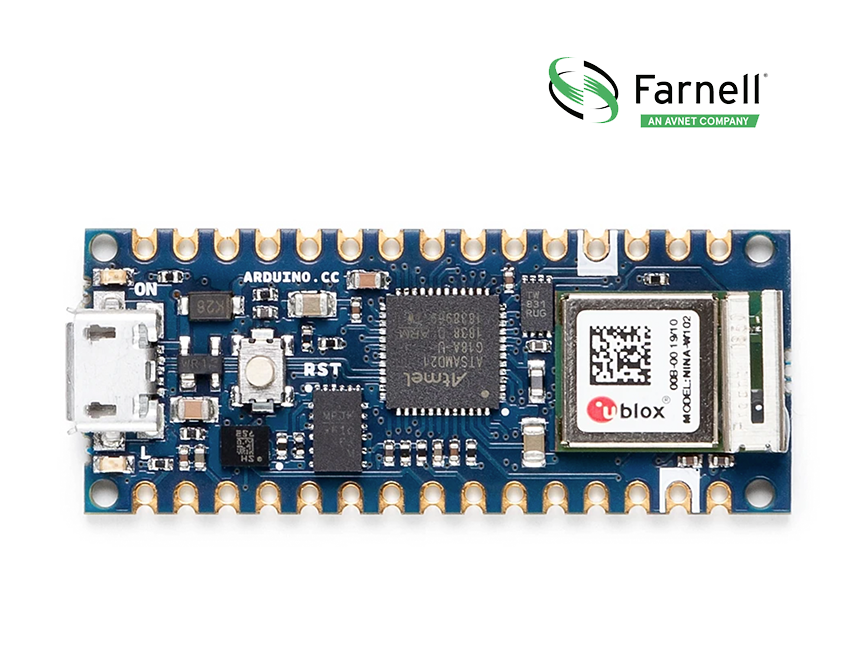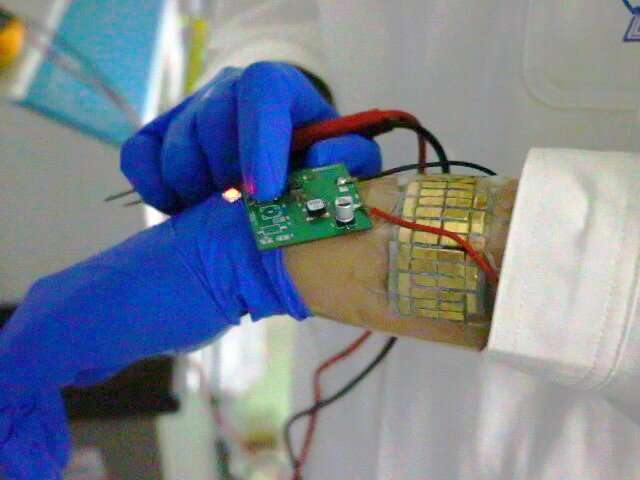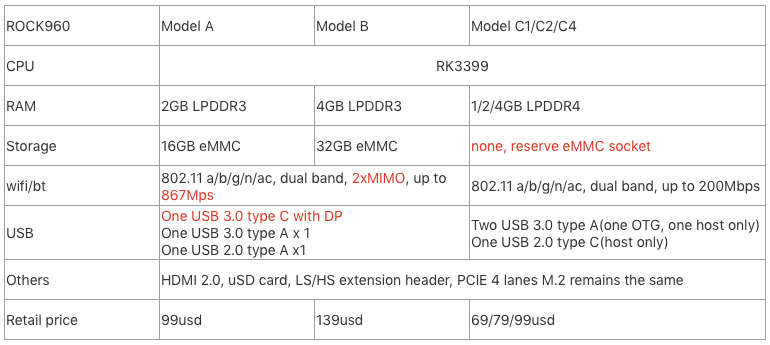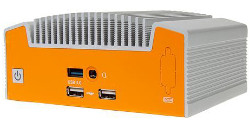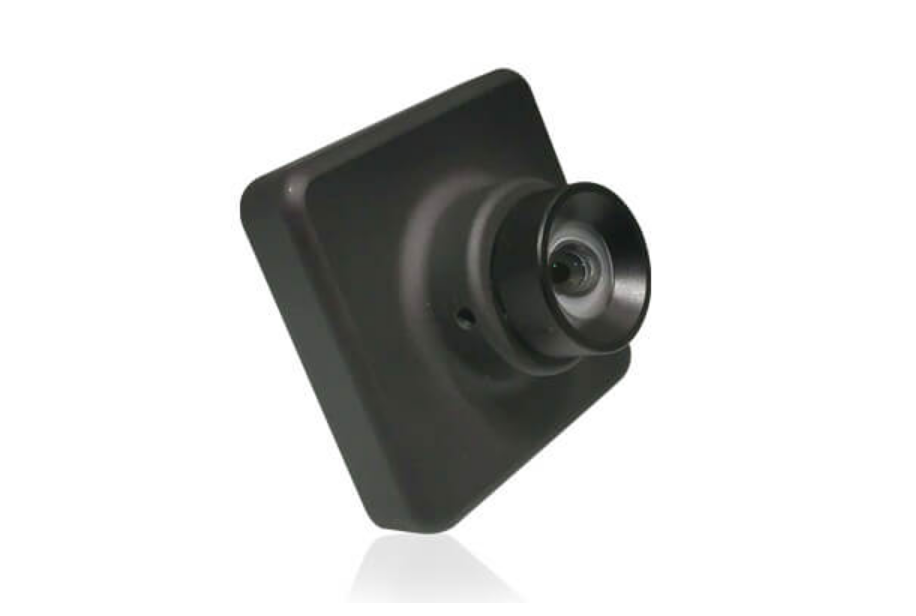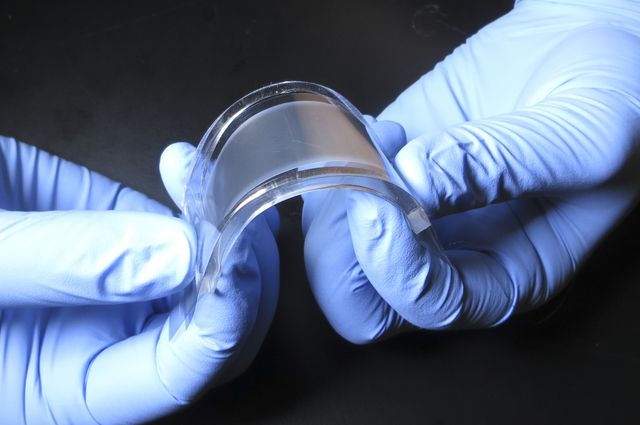
Researchers Developed New Efficient, Thin, and Flexible Cooling Device
Engineers and scientists from the UCLA Henry Samueli School of Engineering and Applied Science and SRI International, California, have created a thin flexible device that could keep smartphones and laptop computers cool and prevent overheating. The component is based on the electrocaloric effect – a phenomenon where the temperature of material changes when an electric field is applied to it. The research has been published in Science.
The system’s flexibility also allows it to be used in wearable electronics, robotic systems, and new types of personalized cooling systems. It is the first demonstration of a solid-state cooling device based on the electrocaloric effect. The method devised by UCLA and SRI researchers is very energy-efficient. It uses a thin polymer film that transfers heat from the heat source – a battery or a processor – to a heat sink, and alternates contact between the two by switching on and off the electric voltage.
Because the polymer film is very flexible, the system can be used in devices with complex shapes or moving surfaces. Body tracking wearable devices can easily accommodate this flexible cooling device. Such cooling pad could keep a person comfortable in a hot office and thus lower the electricity consumption for air conditioning. Or it could be placed in a shoe to keep a runner comfortable while running in the sun. It’s like a personal air conditioner.
The tendency of flexible electronics to overheat remains a major challenge for engineers. The cooling systems in larger devices like air conditioners and refrigerators, which use vapor compression, are just too large for mobile electronics. The new cooling device produces a specific cooling power of 2.8 watts per gram and a COP of 13. This is more efficient and compact than the existing surface-mountable solid-state cooling technologies, opening a path to using the technology for a variety of practical applications.
Roy Kornbluh, an SRI research engineer, said,
The development of practical efficient cooling systems that do not use chemical coolants that are potent greenhouse gases is becoming even more important as developing nations increase their use of air conditioning.




